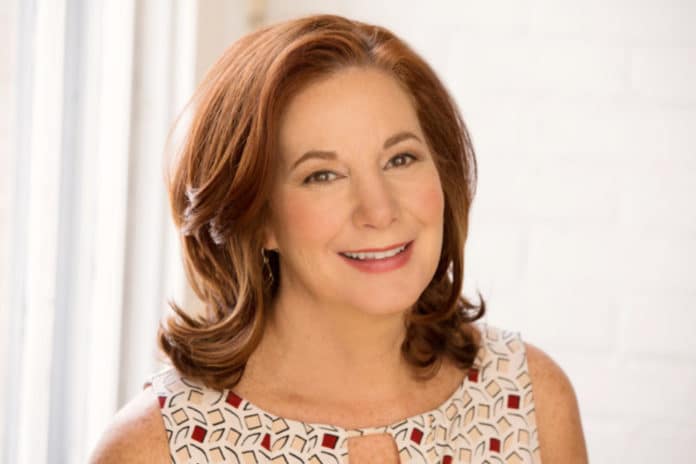I’d packed everything but my toiletries when the news came by text: I need not pack a mask.
Late Monday, a federal court struck down the CDC’s mask mandate for public transportation. Within hours, the CDC dropped the mandate. The airlines followed suit.
I pictured elated Americans tossing paper masks into virtual bonfires.
I did a happy dance, for now I could briefly escape this endless winter without being admonished (again) to “please pull your mask up over your nose, hon.”
But I’m mindful not everyone shares my enthusiasm. Plenty of people feel safer wearing a mask.
The court’s ruling allows us to make our own decisions — to wear a mask if we prefer whatever protection it might afford or to jettison it if we don’t.
We’ve marched in a mask parade since we first heard “two weeks to slow the spread.” One mask, two masks, paper masks, cloth masks, N95 masks … .
To wear or not to wear a cloth or paper product with dubious efficacy has been one of the most divisive issues of this experience.
At the outset, assured science would inform policy and practice, I willingly complied with the mandate.
When science ceded to political science and inconsistencies became the rule, rather than the exception, I became a reluctant complier.
While many have told me they don’t mind wearing a mask, I do.
I don’t breathe well with a mask on.
Masks are an ever-present reminder that tension and friction have quashed our initial unity.
And a mask mandate represents a loss of personal control.
But the masks also represent something we can’t see but can certainly feel.
Fear.
Early in the lockdown, I spoke with a young woman who was working the register at a local store. I asked her how everything was going.
People were being very rude, she said.
They were just afraid, I replied.
We were.
As we learned about COVID, much of what we relied upon in our daily lives became a potential threat to our well-being and perhaps even our lives — mail, groceries, door knobs, friends, and family.
We were understandably fearful.
Fear can be a useful ally, helping us to take important precautions.
But it can also obscure the truth.
It can be paralyzing.
It can keep us from making reasoned decisions and behaving accordingly.
From the outset, I watched the daily reports of coronavirus infections and deaths with both angst and frustration.
Where was the context?
Coronavirus was not — nor will it ever be — the only threat to our health and mortality.
Where were reports of the numbers of people who had perished in fires and car accidents, who had succumbed to old age, cancer, suicide, or overdoses in the same time frame?
I’m not insensitive to those who have reasons to fear this virus. To the contrary; some of them are among the people I hold most dear.
I’m not insensitive to those who lost loved ones to this virus, just as I’m not insensitive to those who lost loved ones to any of the other conditions or circumstances that claim us.
But how long can we live in a state of heightened fear without suffering consequences from it?
I’m no stranger to medical crises of the most frightening proportions.
I lost two parents to cancer — but survived it myself.
I shepherded my daughter through a rare blood disease and a bone marrow transplant that cured her of it.
I buried my husband before our youngest graduated from high school.
Because death has presented itself so often, I’ve learned to acknowledge reality.
We’re all living on borrowed time.
In the past two plus years, we’ve experienced infections, deaths, and lockdowns, developed vaccines and treatments, and watched mental health and student performance circle the drain.
Fear has driven many decisions.
Fear has shaped our behavior.
Yes, the virus is serious.
Yes, it is concerning.
But it can only control us to the extent we allow it to do so.
Early on, I planted my flag: I would not live in fear of this virus.
For living in fear of an invisible virus can keep us from living whatever life we have left.

















